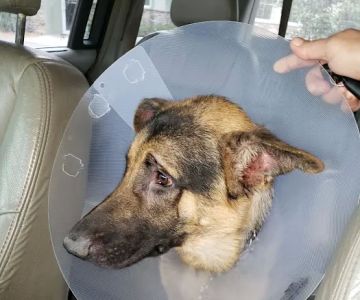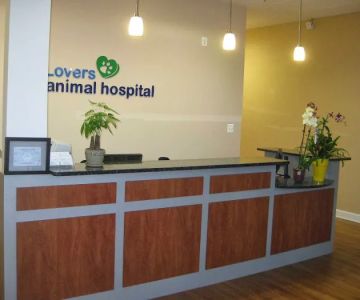What is a Veterinary Assistant?
A veterinary assistant is a crucial part of the veterinary healthcare team. These professionals assist veterinarians and veterinary technicians in the care of animals. They help with a variety of tasks, from preparing animals for examination to assisting in surgery. The role of a veterinary assistant can vary depending on the needs of the clinic or hospital, but their primary responsibility is to ensure the comfort and safety of the animals in their care. In this article, we'll explore what it takes to be a veterinary assistant, their daily duties, and how they contribute to the overall success of animal care.
Key Responsibilities of a Veterinary Assistant
The role of a veterinary assistant is multifaceted, and their duties may include:
- Preparing animals for examinations and treatments
- Assisting during surgeries and medical procedures
- Administering medications and vaccinations
- Cleaning and maintaining the clinic’s equipment and animal care areas
- Providing comfort and care to sick or injured animals
- Interacting with pet owners, explaining treatment plans, and providing updates
These responsibilities make veterinary assistants an essential support role in veterinary clinics, ensuring smooth operations and efficient animal care. Their involvement in both clinical and administrative tasks enables veterinarians to focus on diagnosis and treatment.
How to Become a Veterinary Assistant
Becoming a veterinary assistant requires a combination of formal education and practical experience. Many veterinary assistants start by earning a diploma or certificate in veterinary assisting from an accredited program. These programs often include coursework in animal care, anatomy, medical terminology, and office management, as well as hands-on experience in clinical settings.
In addition to education, veterinary assistants should have strong interpersonal skills, as they often interact with clients, animal owners, and the veterinary team. An empathetic and calm demeanor is also essential, especially when dealing with anxious or ill animals.
The Importance of Veterinary Assistants in Animal Care
Veterinary assistants play a vital role in the healthcare of animals. They not only help with medical procedures but also provide emotional support to animals and their owners. Whether it's comforting a frightened pet or assisting in life-saving surgeries, the veterinary assistant’s presence is felt in many areas of the veterinary practice.
Their ability to juggle multiple tasks efficiently ensures that veterinary practices run smoothly. They work closely with veterinarians and technicians to monitor animal health, maintain records, and ensure all necessary supplies are available for procedures.
Veterinary Assistant vs. Veterinary Technician: What’s the Difference?
While veterinary assistants and veterinary technicians both work in animal care, there are key differences between the two roles. Veterinary technicians typically have more specialized education and training, often requiring a degree in veterinary technology and certification. They perform more advanced procedures, such as running diagnostic tests and assisting in anesthesia during surgeries.
Veterinary assistants, on the other hand, typically provide support in day-to-day operations and assist veterinary technicians and veterinarians with more routine tasks. While both roles are essential in a veterinary setting, veterinary technicians often have a more in-depth understanding of medical procedures.
Work Environment and Career Outlook for Veterinary Assistants
Veterinary assistants work in a variety of settings, including private veterinary practices, animal hospitals, and research laboratories. They may work with pets, livestock, or exotic animals, depending on the focus of their clinic or hospital.
The demand for veterinary assistants is expected to grow in the coming years, driven by the increasing number of pet owners and the expanding scope of veterinary medicine. Many veterinary assistants find their work rewarding, as they directly contribute to improving the health and well-being of animals.
Conclusion: How Veterinary Assistants Contribute to Animal Healthcare
Veterinary assistants are an indispensable part of the veterinary team, helping to ensure that animals receive the best possible care. By assisting with routine tasks, preparing animals for treatment, and providing emotional support to both animals and owners, veterinary assistants help create a positive, efficient environment in veterinary clinics and hospitals.
For those interested in animal care, becoming a veterinary assistant can be a fulfilling career. With the right training and a passion for helping animals, veterinary assistants play a critical role in animal healthcare teams and provide a valuable service to the community.











